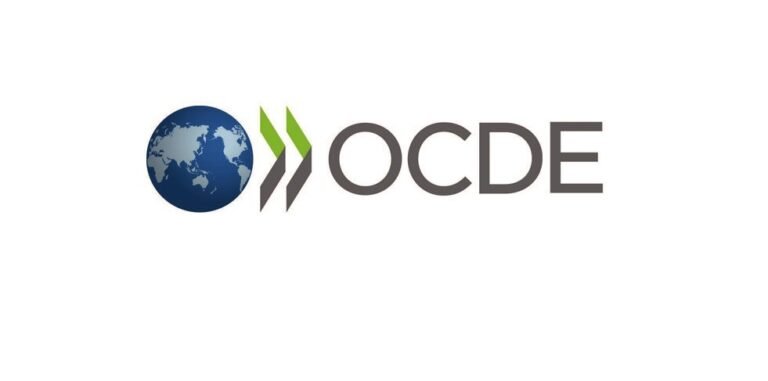The Economic Co-operation and Development is an influential international organization dedicated to fostering economic growth, stability, and improved living standards across its member countries and beyond. Founded in 1961, it evolved from the Organization for European Economic Co-operation, which was initially created to help rebuild Europe after World War II through the administration of the Marshall Plan. Since then, the Economic Co-operation and Development has grown significantly, now including 38 member countries from various regions such as North and South America, Europe, Asia, and the Pacific. Most of its members are high-income economies with advanced development levels.
The Economic Co-operation and Development is headquartered in Paris, France, where it serves as a global forum for governments to discuss and coordinate policies on a wide range of economic and social issues. The organization’s mission is to promote policies that enhance economic prosperity and social well-being for people worldwide. To achieve this, the Economic Co-operation and Development focuses on several key areas, including economic policy, trade and investment, taxation, education, employment, environmental sustainability, innovation, and health.
One of the most notable roles of the Economic Co-operation and Development is conducting research and analysis on economic and social trends. Through its detailed reports, the organization provides valuable insights and forecasts that help governments and international institutions make informed decisions. Reports like the OECD Economic Outlook offer regular updates on global and regional economic performance, while assessments such as Education at a Glance and the Programme for International Student Assessment (PISA) shed light on education systems and outcomes around the world.
The Economic Co-operation and Development is also instrumental in setting international standards and guidelines. These standards cover areas such as corporate governance, tax transparency, anti-corruption measures, and environmental policies. By encouraging member countries to adopt best practices, the organization helps create a more predictable and fair environment for businesses and governments alike.
In recent years, the Economic Co-operation and Development has played a critical role in addressing global challenges like climate change, income inequality, and the digital transformation of economies. The organization advocates for sustainable development strategies that balance economic growth with environmental protection and social inclusion. Its work supports efforts to reduce poverty, improve education and healthcare, and promote fair labor markets.
The organization’s ability to influence global economic policies is seen in how widely respected its data and recommendations are. When the Economic Co-operation and Development issues forecasts or policy guidance, governments and financial markets closely watch and respond. For example, in the context of recent global trade tensions, the Economic Co-operation and Development lowered its global growth forecast from 3.1% to 2.9%, highlighting the impact of rising trade barriers and economic uncertainty. Such assessments reflect the organization’s comprehensive analysis of current economic conditions and potential risks.
Member countries benefit from the Economic Co-operation and Development’s role as a collaborative platform where they can exchange ideas, resolve policy differences, and coordinate actions. This cooperation helps avoid harmful economic conflicts and fosters a more stable and prosperous global economy. The Economic Co-operation and Development also provides technical assistance and policy advice to emerging and developing economies, helping them build capacity and achieve sustainable growth.
The scope of the Economic Co-operation and Development’s work is broad, covering diverse issues such as digital economy policies, taxation of multinational companies, aging populations, gender equality, and innovation policies. Its multidisciplinary approach allows the organization to tackle complex challenges that cross national borders and require coordinated responses.
In the financial and economic community, the Economic Co-operation and Development’s insights and initiatives are considered essential for shaping the global economic agenda. Policymakers rely on its evidence-based research and peer review processes to design effective strategies that support growth and social progress. The organization also engages with other international bodies such as the International Monetary Fund, World Bank, and World Trade Organization to align efforts and maximize impact.
The Economic Co-operation and Development continues to adapt to changing global conditions, ensuring that its work remains relevant in a rapidly evolving world. As new economic trends emerge and geopolitical shifts take place, the organization remains a key actor in promoting cooperation and development on a global scale. Its commitment to transparency, data-driven analysis, and inclusive policy dialogue supports a vision of sustainable prosperity for all nations involved.







